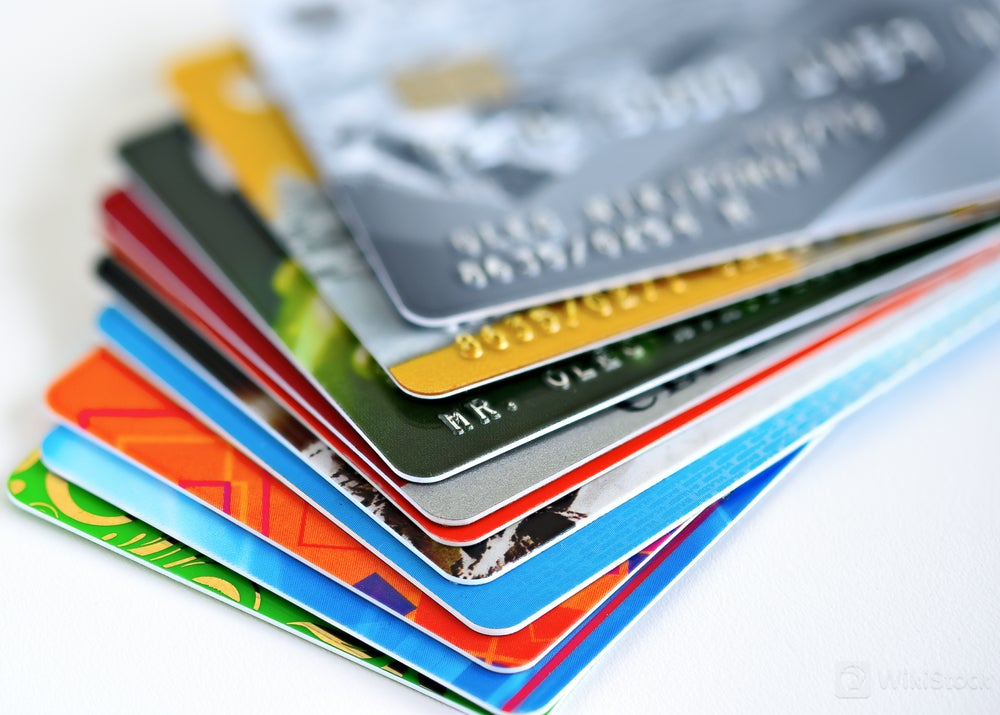Credit Card Debt Rises As Consumers Face Higher Costs Of Living - Citigroup (NYSE:C), American Express (N

U.S. consumers are certainly pulling out their credit cards to pay for goods and services, federal data has shown.
The total outstanding credit card balance rose $11.3 billion to nearly $5.07 trillion in May, beating Aprils jump by $4.8 billion, according to data released by the Federal Reserve on Monday.
The median forecast in a Bloomberg survey of economists called for an $8.9 billion increase for May, which has not been adjusted for inflation.
Revolving credit, which includes credit cards, spiked $7 billion in May to almost $1.35 trillion, the Fed data revealed. Mays increase in credit card debt reversed a $900 million decline in borrowings during the month of April.
Americans are putting more purchases on their credit cards after spending their COVID-19 pandemic savings and facing higher costs of living, Bloomberg reported.
The report also showed that credit card interest rates rose to 22.76% in May, up from 22.63% during the first quarter. The report did not show interest rates for March and April.
Price Action: Credit card issuers gave mixed reactions to Mondays Fed report.Visa Inc. V declined 1.46% to $266.40, while MasterCard Inc.MA fell 0.72% to $446.24.
JP MorganChase & Co.JPM gained 0.22% on Monday to close at $205.17 as American Express Company AXP slipped 0.47% to $234.51 and Citigroup Inc.C picked up 1.09% to $64.74. Capital One Financial CorporationCOF slid 0.14% to $135.81.
Photo: Shutterstock
© 2024 Benzinga.com. Benzinga does not provide investment advice. All rights reserved.
Byte refutes rumors of speculation on A-share Doubao concept stocks
How to develop a low-altitude economy
Doubao concept surges, IPO economy booms
5G enters the "second half", which stocks are the best to buy
Check whenever you want
WikiStock APP
